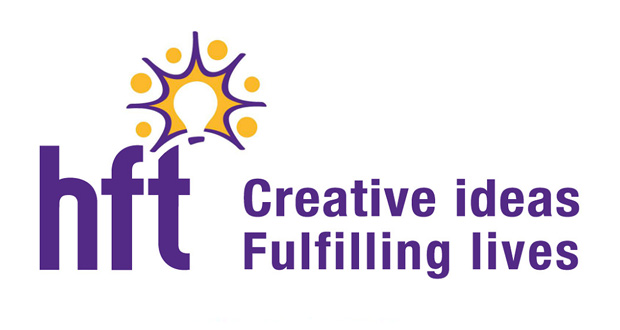Charity Warns That Increasing Numbers Of Organisations Are Operating At A Loss In Newly Published Report
 Social care providers have called into question the effectiveness of the sector’s funding structure in a new survey which reveals increasing numbers of organisations are operating at a loss.
Social care providers have called into question the effectiveness of the sector’s funding structure in a new survey which reveals increasing numbers of organisations are operating at a loss.
The research, which has been published by Hft, a national charity supporting adults with learning disabilities, warns 89% of organisations said they believe that the current funding model is broken.
The study also found more than treble the amount of providers are now operating at a loss compared to 2016-17 (34% up from 11%). Of those not yet in deficit, 67% expect to run a deficit in the next two to five years.
The Sector Pulse Check research, carried out by independent economics and business consultancy Cebr, is the first of its kind to focus primarily on learning disability providers. It follows on from Hft and Cebr’s first published report, It Doesn’t Add Up: The Financial Crisis Crippling The Social Care Sector, in December 2016, which examined the impact of financial pressures on the viability of the adult social care sector. It warned that without additional funding as many as 30,000 jobs in the learning disability sector – 10% of the workforce – could be at risk in the next four years.
Moving forward, the Sector Pulse Check report, which is based on survey analysis from social care providers, will be produced as an annual snapshot for policymakers and stakeholders of the perceived financial health of the social care sector over the past year, with the intention of influencing long-lasting change.
The report also highlighted:
- In response to measures to deal with cost pressures, more than half the sector (54%) has already begun to curb investment.
- 82% of respondents to the survey did not think that the government’s proposed resolution to the sleep-in issue will bring financial stability to the sector.
- Almost one in four (22%) stated that their organisation would have to close if they were required to pay the full amount owed for sleep-ins and a further 22% said they would have to hand back contracts to local authorities.
- Recruitment and retention of staff remains a challenge for the sector with 93% citing difficulties, and 79% stating that in the past 12 months they have needed to rely more on agency staff to cover frontline services than the previous year.
Billy Davis, Policy and Public Affairs Manager for Hft said: “Our latest research makes for sobering reading. We previously warned of the magnitude of the financial pressures facing the adult social care sector and the devastating implications it could have if additional funding was not found. We are now starting to see the confirmation of those predictions outlined in our initial report. Providers continue to bear the burden of an uncertain future, with increasing numbers of providers running at a loss compared to this time last year coupled with the widely-held view that the current funding system is broken. The Government’s inaction is putting the lives of some of the most vulnerable adults in society at risk.”
Josie Dent, Economist at Cebr said: “The results of this year’s survey reveal the vast burden that paying for sleep-ins will bring to the care sector. Compared to last year, even more care organisations are making a loss and over half are reporting a declining surplus. Three quarters of organisations have had to make internal efficiency savings, and 54% have had to curb investment to make up for rising business costs.”
Hft is now calling for the Department for Health and Social Care to reveal its plans for the Green Paper and “parallel body of work” on social care, to provide transparency on the funding shortfall within the sector and a clear plan as to how this is going to be addressed.
To read Hft’s Sector Pulse Research please visit: www.hft.org.uk/wp-content/uploads/2018/02/Survey-analysis-of-the-care-sector-December-2017.pdf





